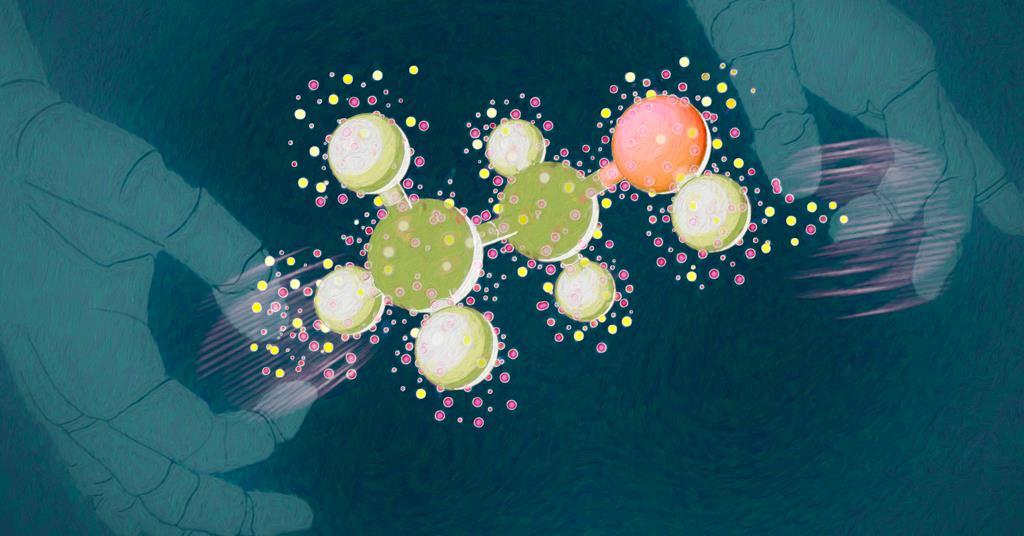From Perplexity.ai:
Generative AI is being applied in various ways to assist and improve healthcare processes. Here are some key examples:
## Medical Diagnostics and Imaging
Generative AI is being used to enhance medical imaging and diagnostics in several ways:
- **Image Enhancement**: AI models can convert low-quality medical scans into high-resolution images, improving the ability to detect anomalies[7].
- **Disease Detection**: AI algorithms trained on medical images can identify early signs of conditions like skin cancer, lung cancer, Alzheimer's disease, and diabetic retinopathy[5].
- **Automated Segmentation**: Generative AI can automatically segment organs or anomalies in medical images, saving time for healthcare professionals[4].
## Drug Discovery and Development
Generative AI is accelerating pharmaceutical research:
- **Compound Generation**: AI models can propose novel chemical compounds with desired properties for potential drug candidates[3].
- **Target Identification**: AI analyzes biological datasets to identify potential drug targets and validate their relevance in disease pathways[4].
- **Clinical Trial Optimization**: AI can analyze historical clinical trial data to improve trial design and identify target patient populations[4].
## Personalized Medicine
Generative AI is enabling more tailored approaches to patient care:
- **Treatment Planning**: AI models can analyze a patient's medical history, genetic profile, and real-time health data to create personalized treatment plans[2].
- **Pharmacogenomic Insights**: AI can predict how individuals will respond to medications based on genetic factors, allowing for more precise prescriptions[4].
- **Virtual Health Assistants**: AI-powered chatbots can provide personalized medical advice and recommendations to patients[5].
## Administrative Tasks and Clinical Documentation
Generative AI is helping to reduce administrative burdens:
- **Clinical Note Generation**: AI can draft clinical notes and compile information for insurance preauthorization, reducing paperwork for medical staff[8].
- **Medical Transcription**: AI can transcribe and summarize patient consultations, filling electronic health record fields automatically[3].
- **Appointment Scheduling**: AI can optimize scheduling by analyzing patient needs and doctor availability[3].
## Medical Research and Education
Generative AI is also supporting research and training:
- **Synthetic Data Generation**: AI can create synthetic medical data for research purposes, especially useful for rare diseases where real data is limited[7].
- **Medical Simulations**: AI can generate simulations for medical training, such as scenarios for treating sepsis[5].
- **Literature Analysis**: AI can analyze vast amounts of scientific literature to identify research patterns and generate new hypotheses[5].
While these applications show great promise, it's important to note that most are still in development or early stages of implementation. Challenges such as ensuring data privacy, preventing AI hallucinations, and validating results in real-world settings need to be addressed as the technology continues to evolve[8].
Citations:
[1] Generative AI in Medical Practice: In-Depth Exploration of Privacy ...
https://www.ncbi.nlm.nih.gov/pmc/articles/PMC10960211/
[2] Generative AI Healthcare: 15 Use Cases, Challenges & Outlook
https://research.aimultiple.com/generative-ai-healthcare/
[3] Generative AI in healthcare: Use cases and challenges - N-iX
https://www.n-ix.com/generative-ai-in-healthcare/
[4] Generative AI in Healthcare System and its Uses | Complete Guide
https://www.xenonstack.com/blog/generative-ai-healthcare-system
[5] 9 Innovative Use Cases of Generative AI in Healthcare
https://saxon.ai/blogs/9-innovative-use-cases-of-generative-ai-in-healthcare/
[6] Generative AI Use Cases in Healthcare - Netguru
https://www.netguru.com/blog/generative-ai-use-cases-healthcare
[7] Generative AI in Healthcare: Top Use Cases - ITRex Group
https://itrexgroup.com/blog/top-generative-ai-in-healthcare-use-cases/
[8] Science & Tech Spotlight: Generative AI in Health Care | U.S. GAO
https://www.gao.gov/products/gao-24-107634
[9] Tackling healthcare's biggest burdens with generative AI
https://www.mckinsey.com/industries...ealthcares-biggest-burdens-with-generative-ai





